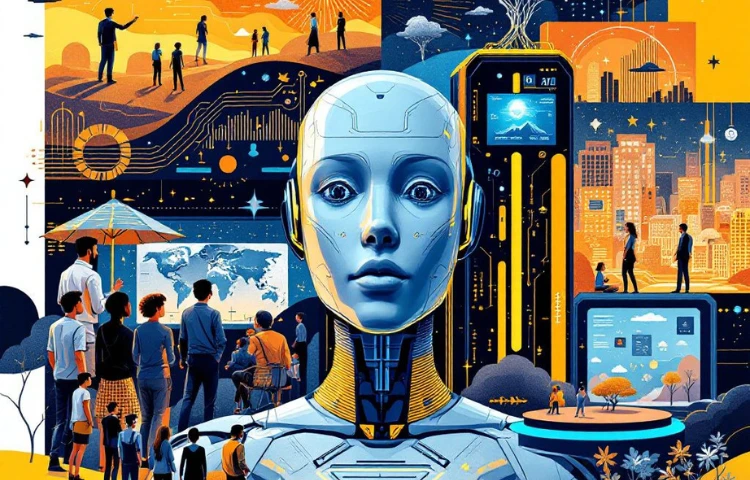

Prefer to listen instead? Here’s the podcast version of this article.
The artificial intelligence (AI) landscape is experiencing rapid advancements across data, software, and hardware, significantly impacting various sectors. Here’s a concise overview of the latest developments:
Google DeepMind has introduced GenCast, an AI-driven weather prediction model that surpasses traditional methods in forecasting up to 15 days ahead and excels in predicting extreme weather events. Trained on four decades of data from the European Centre for Medium-Range Weather Forecasting (ECMWF), GenCast outperforms ECMWF’s 15-day forecast on 97.2% of 1,320 weather variables. It generates predictions in just eight minutes, offering a significant advancement in efficiency and accuracy. [Financial Times]
Google has launched Veo, a generative AI video model available to businesses through a private preview on Vertex AI. Veo can create high-quality 1080p videos in various styles from text or image prompts, producing clips that are often indistinguishable from real footage. This advancement positions Google ahead in the generative AI video domain, especially as businesses increasingly adopt such technologies. [The Verge]
Anduril Industries, a defense technology company, has partnered with OpenAI to enhance AI solutions for national security missions. This collaboration focuses on improving counter-unmanned aircraft systems (CUAS) in the U.S., enabling swift detection, evaluation, and response to aerial threats. OpenAI’s models are trained on data provided by Anduril, highlighting the growing role of AI in defense and security operations. [Reuters]
Amazon is developing one of the world’s largest AI supercomputers, Project Rainer, in partnership with Anthropic, an AI competitor to OpenAI. Equipped with Amazon’s new Trainium 2 AI chips, this supercomputer aims to be five times more powerful than existing models used by Anthropic. This initiative reflects Amazon’s strategic push to expand its generative AI capabilities, competing with companies like Nvidia, Microsoft, and Google. [Wired]
Tesla plans to begin limited production of its Optimus humanoid robots next year, with full manufacturing by 2026. Priced at $20,000, these robots are projected to perform various tasks traditionally done by humans, including those in aged care, manufacturing, and hazardous labor, potentially reducing operating costs. This development signifies a significant step towards integrating AI and robotics into everyday tasks. [News.com.au]
The rapid advancements in AI across data, software, and hardware are reshaping industries, from enhancing weather forecasting accuracy and transforming video production to bolstering national security and pushing the boundaries of robotics. These innovations not only highlight AI’s transformative potential but also pave the way for more efficient and accessible solutions in our daily lives. As the AI landscape evolves, staying informed is crucial to harnessing its full potential.
WEBINAR